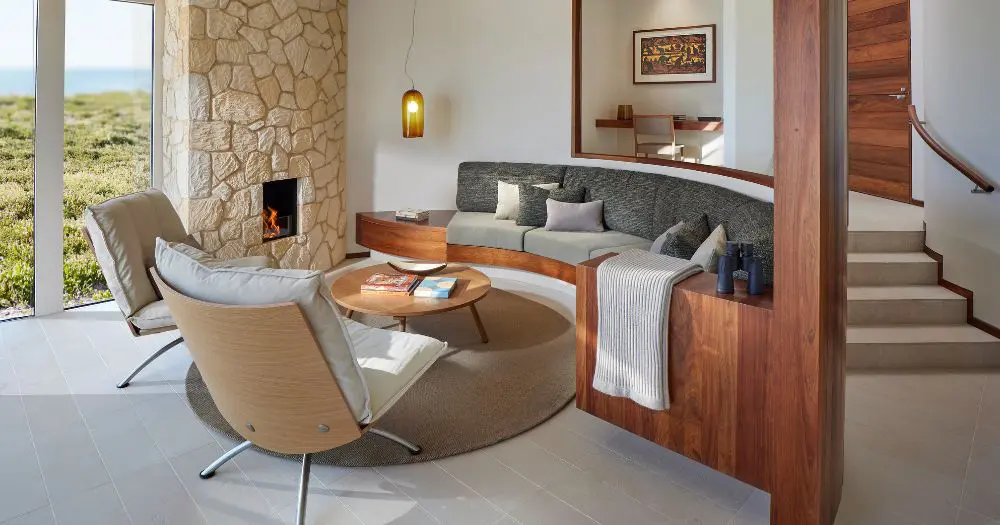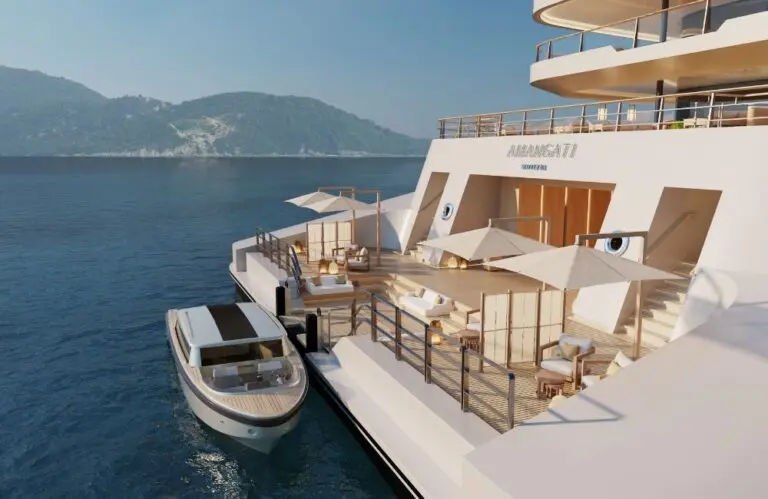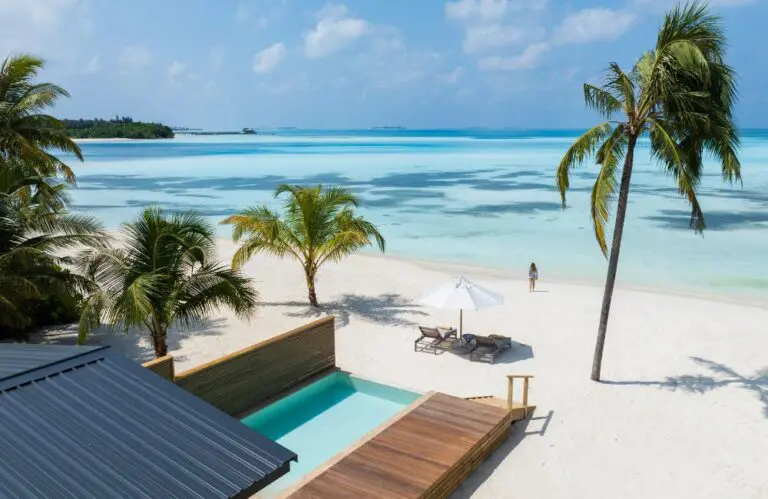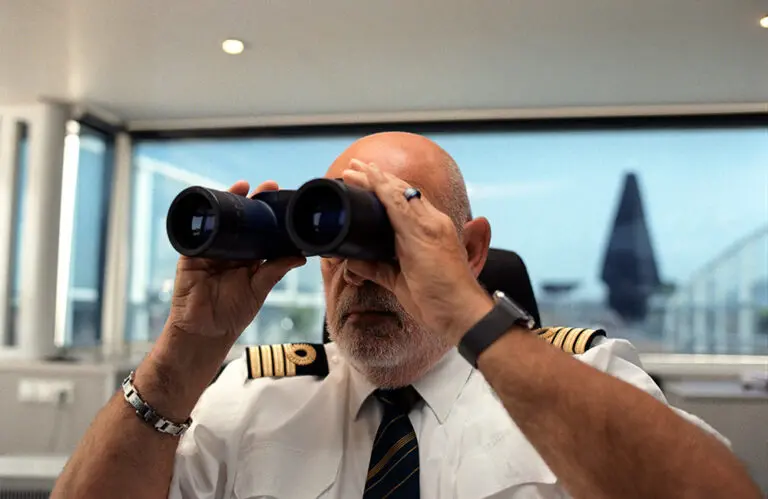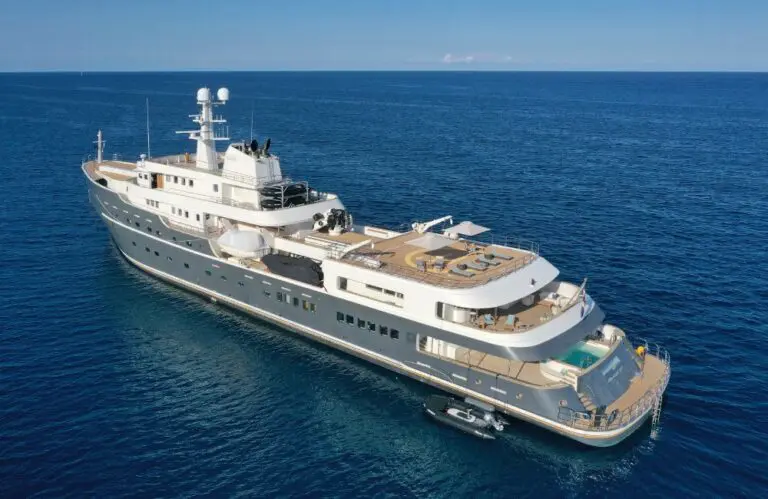As a new breed of bleisure travellers increasingly blur the line between work and leisure, luxury hotels are having to completely evolve – and it’s changing the luxury hotel space as we know it.
As more people move to hybrid working, WFH has become ‘work from hotel’, and leading luxury hotels are making drastic changes to meet the demands of the increasing bleisure traveller.
For Marriott, it says the need for quiet workspaces while at a luxury hotel is in such demand, it’s even converting spas into places to do some work.
Marriott International Vice President Hotel Development, Australia, New Zealand & Pacific, Richard Crawford says at its JW Marriott properties, it offers hidden, serene spaces where guests can work in a peaceful environment.
“These areas are designed to be conducive to concentration and relaxation. Some spaces, such as spas, are repurposed as quiet workspaces, allowing guests to focus away from the usual distractions.
“At our W hotels, guests can work next to the pool in flexible spaces that blend leisure and productivity. These settings provide an environment to boost creativity and relaxation.
“By incorporating these features, hotels ensure they meet the needs of modern travellers who often combine work and leisure. This comprehensive approach enhances guest satisfaction by supporting their productivity and well-being throughout their stay.”
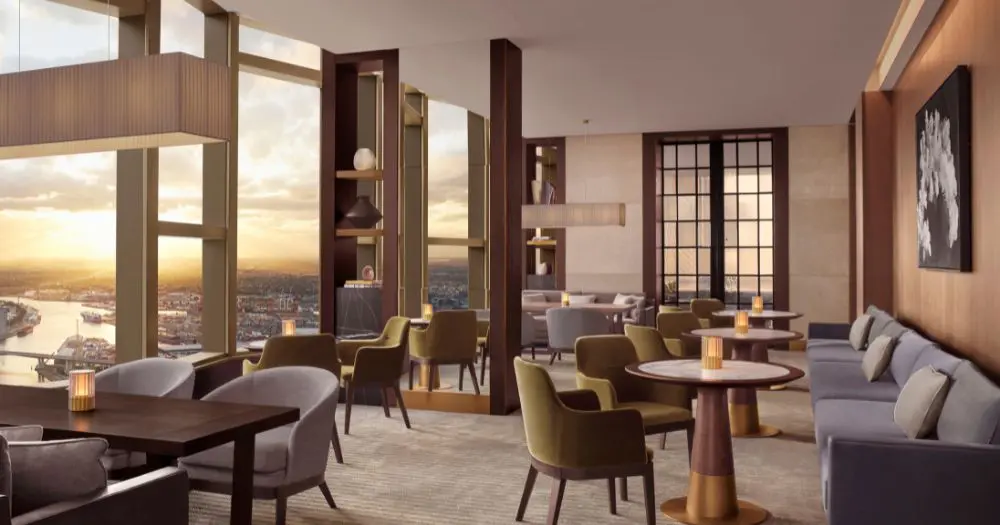
He says it’s vital that hotels continue to evolve to meet the growing demand of this type of traveller.
“In the past, hotels featured business centres with printers and desks where guests could work. However, as the nature of work has changed and people can now work from virtually anywhere, hotels are shifting their focus away from traditional business centres.”
He says desks are no longer positioned against the wall, “but are placed in the middle of the room, providing a pleasant backdrop for conference calls”.
And, he says power and connectivity have become increasingly important.
“Ensuring easy access to power is one of our key priorities and we pay particular attention to detail – this includes having ample power points in guest rooms and common areas, providing a variety of plug types, including USB and USBC ports to cater to different devices and international guests.
“And reliable high-speed internet is crucial – we ensure fast-speed internet connections throughout our properties to meet the demands of working travellers.”
Welcoming workspaces are becoming the new norm
For IHG, the focus has been on redesigning spaces to provide a ‘warm’ workspace – and it’s even gone so far as to hire a neuroscientist to ensure its workspaces are as productive as they can be.
InterContinental and Regent Hotels Global Head of Design, Melissa Messmer says the business traveller wants a less formal and structured environment.
“We’ve partnered with neuroscientist Isabelle Sjovall to help advise on making our spaces adaptable to mind and body, giving guests spaces for rest, but also spaces for productivity.
“This is done through the use of furniture layouts, ceiling heights, selection of finishes, lighting scenes, use of botanicals, and even our scent and sound programs bring all of the design and ambience touchpoints together holistically.”
She says as guests no longer think ‘nine to five’, hotels have to provide spaces that allow productivity and restoration at all times of the day.
“This means that we need to plan spaces differently and think of our operational requirements more holistically, more of a 24-hour sensibility, allowing guests to have their needs met on their terms.
“Guests have rigorous schedules that are not always on the time zone within their destination. Hotels can no longer dictate guest behaviour through traditional means of how spaces are planned or used.”
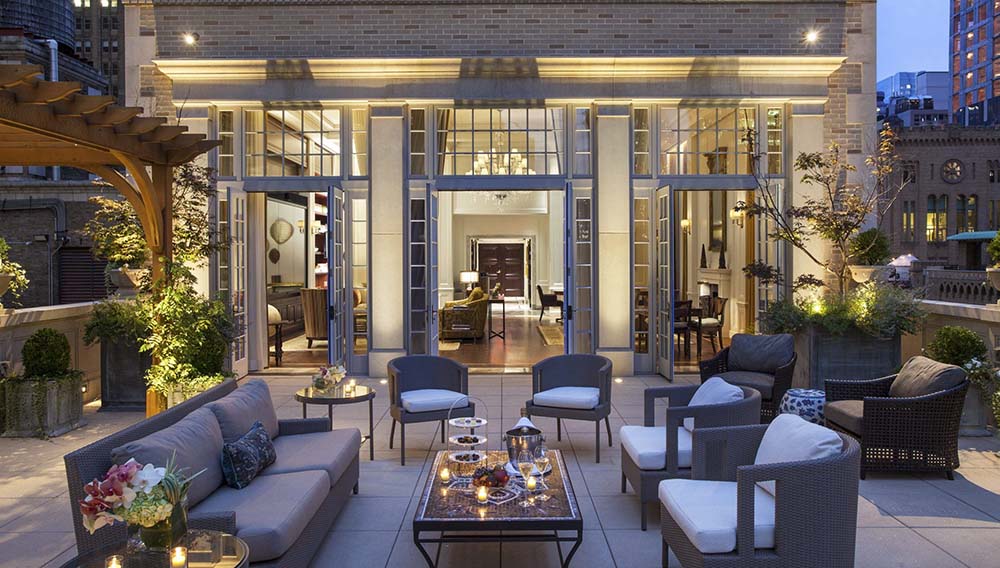
The importance of connectivity to the bleisure traveller
Baillie Lodges Chief Operating Officer, Craig Bradbery says good, free Wi-Fi is a must and “there is no choice but to evolve considering the ‘always on’ nature of the way we operate these days”.
“It has become more of a standard inclusion and not so much via analysing by demand for it, appreciating that most people these days are somewhat always connected.”
“Strong Wi-Fi coverage and lodge-wide coverage are priorities. Also, meeting and virtual conference space functionality with up-to-date audio-visual conferencing technology.”
But he says equally, “guests can be on when they need to be, but can just as quickly disconnect and discover the people, places and great food and wine that are the essentials to a getaway”.
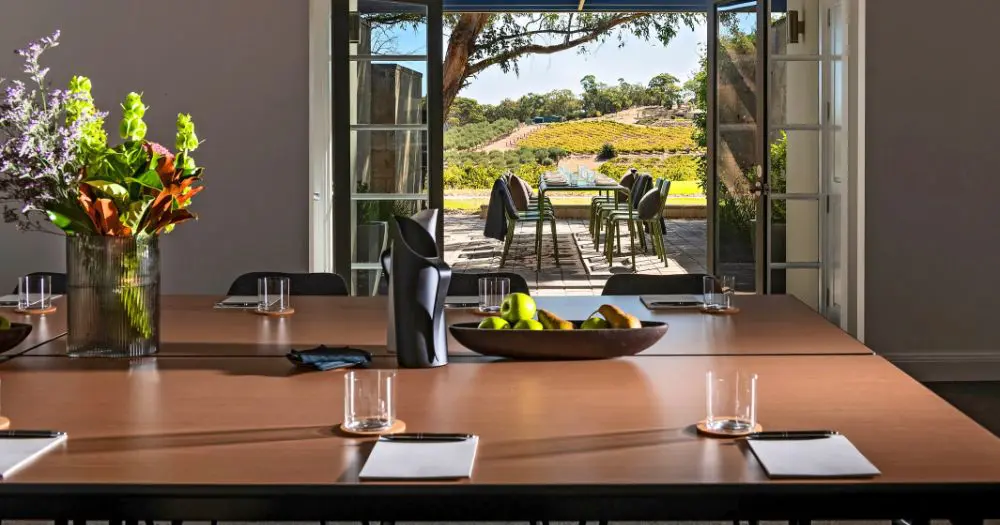
The luxury hotel of the future for bleisure travel
Messmer says entire hotel designs will change to meet the bleisure market.
“We could even see guestrooms get larger in key markets, as “space” becomes the new luxury cue. Whether this is not only in the guestroom, but perhaps in suites and branded residential offerings, taking a larger stake in the market so that guests can have a “home from home” experience along with the privacy they can afford.
“But with this, sustainability becomes a huge factor, not only to build a hotel but to operate, and the finance behind these projects will become increasingly strained. But for the owners and developers willing to invest wisely in the future, this is among their focus.”
Crawford agrees that the physical design and construction of hotels will change drastically.
“Future hotel builds are likely to incorporate more private spaces within public areas, such as lobbies, where guests can have private calls or quiet work sessions. This will impact the overall layout, making these public spaces more conducive to both social interaction and private work.
“Technology will play a crucial role in this evolution. Hotels will need to provide even faster Wi-Fi and more connection points to ensure guests have seamless access to the internet and other necessary tech amenities. As hotels accelerate their efforts to meet these new expectations, the standard of luxury hospitality will continue to rise.”
He says hotels that can effectively respond to guest feedback and continually evolve their offerings will stand out.
“This dynamic approach to hospitality will lead to better-designed spaces and more thoughtful amenities, driven by the insights gained from guest experiences.
“Ultimately, learning from guest feedback and consistently delivering on their needs will help luxury hotels stay competitive and relevant, providing an unparalleled travel and work experience.”
For more information, visit Marriott, IHG and Baillie Lodges.


